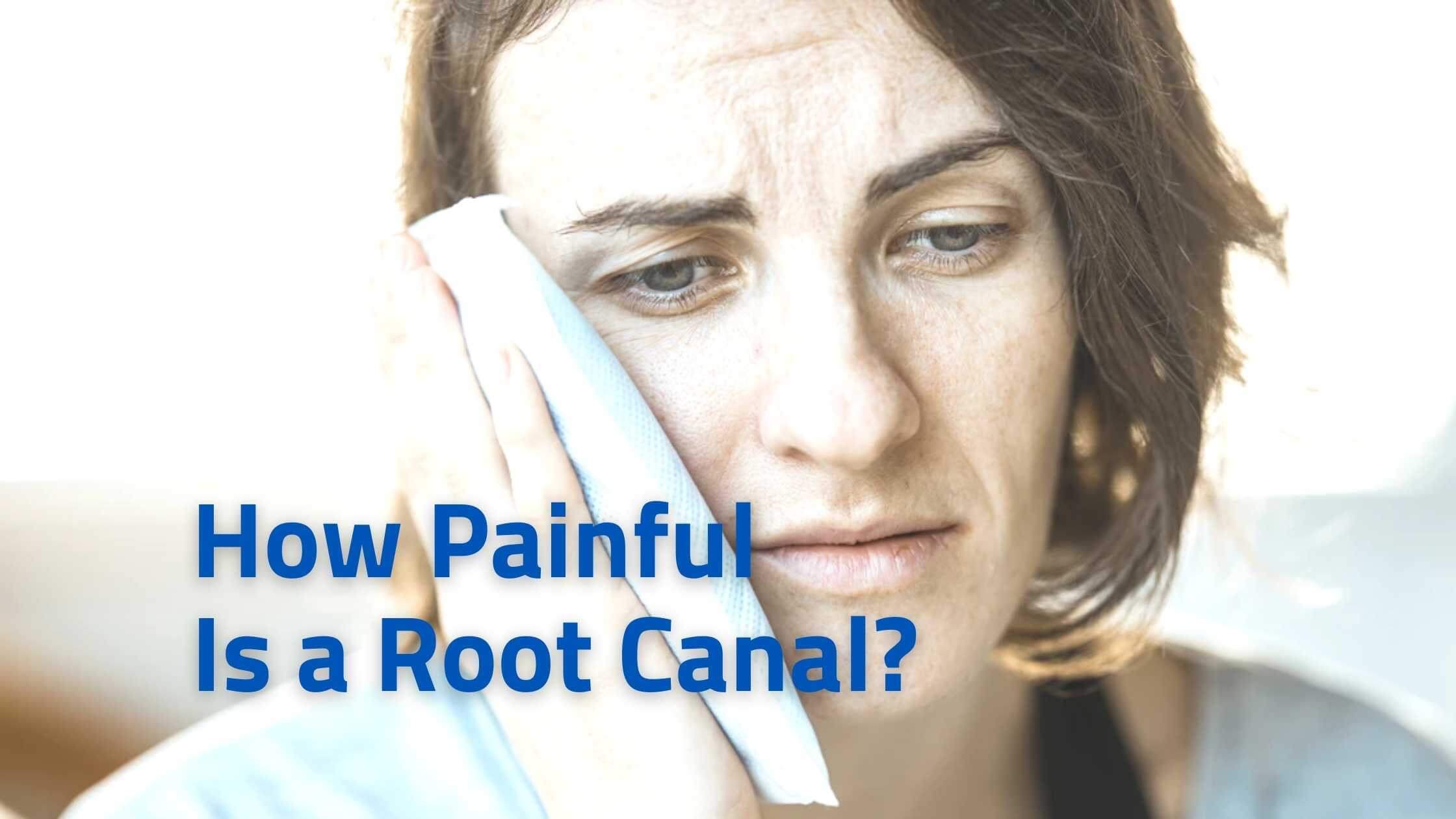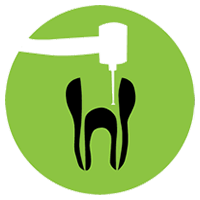
There is nothing worse than toothache, and nine times out of ten, it will be for a root canal, so what is the root canal? Your tooth contains enamel ( the hard coating on the outside of your tooth), Dentine ( a soft material that supports the enamel and makes up most of the tooth, Cementum (this material covers the root surface) and dental pulp (soft centre). The dental pulp, which consists of blood vessels, nerves and connective tissue. You have a toothache because bacteria has gotten into the pulp, causing an abscess. The procedure is to remove the pulp (soft centre), clean and disinfect the root canal. A temporary filling is placed over the pulp while the tooth settles down.

Several conditions would require you to have root canal therapy. Some of these are:
Initially, there will be an examination and a consultation. Treatment of a root canal can succeed in a singular visit; however, there are times that two appointments may be necessary. Sometimes infections, calcifications and the anatomy of the tooth will require more than one appointment.
The actual time of the procedure is sixty to ninety minutes.
A root canal should last you years if not a lifetime; however, please consider the following:
The area treated will be numb from an anesthetic, so it is wise not to eat on the procedure site until the numbness disseminates. This usually takes about four hours. Once you no longer have any numbness, you can eat. However, we recommend that you avoid chewing directly on the treated tooth for at least twenty-four hours. We want to promote the healing of the tooth. We suggest that until the tooth has healed, you eat soft foods. These can include soft cheeses, soups, eggs, tinned tuna and pasta. While you have a temporary filling, avoid sticky foods that could dislodge your filling.


Are there Alternatives to a Root Canal Procedure?
Alternative therapies should be the first call when you are considering have a major dental procedure.
Some of these are:


The area will be sensitive, and you may have some pain in the injection site. The recommendation is that you can take over the counter pain relievers. Continue to brush your teeth but refrain from flossing. Gargling with salty water is also recommended to reduce inflammation.
You may also be prescribed antibiotics, and we recommend you finish the course.
Call us if you are concerned, or if you have an allergic reaction such as itching or a rash, severe pain or fever or if the
swelling worsens.
Please
book an appointment
or call us on (07) 3359 1029.